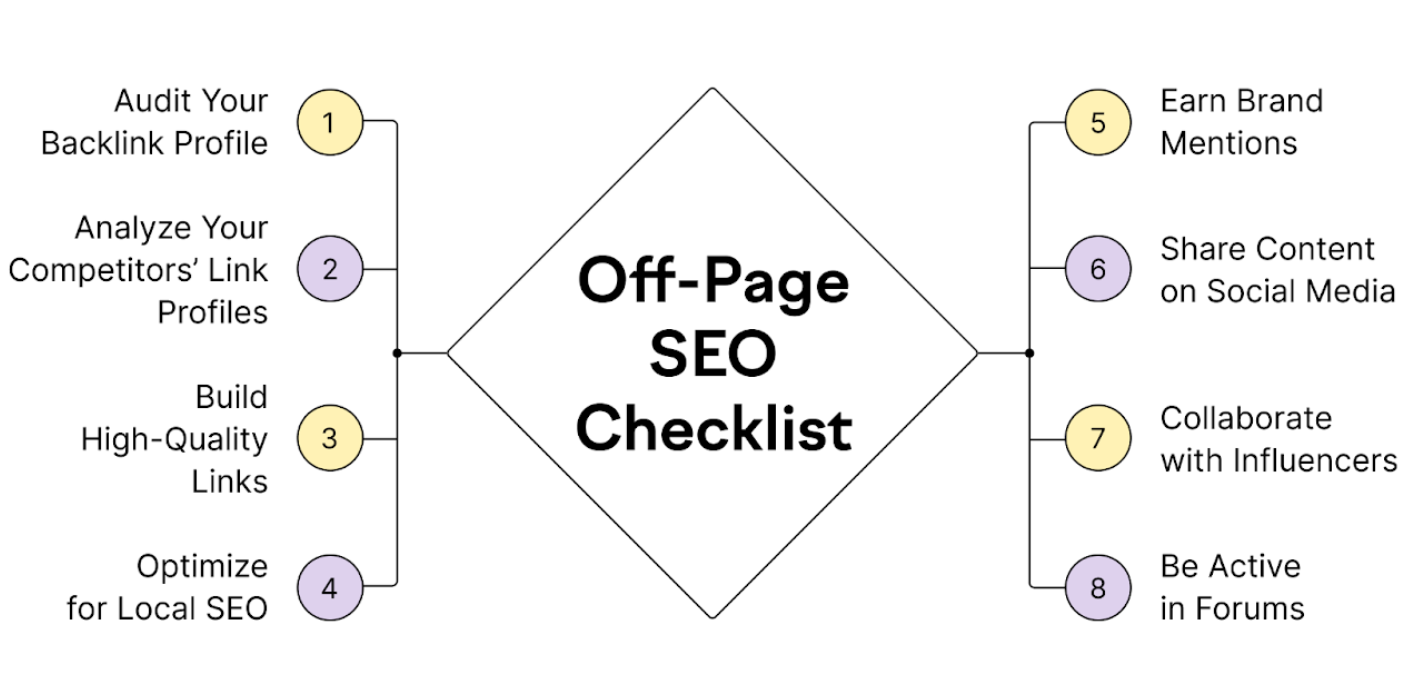In the ever-evolving digital era, online has emerged as a dynamic marketplace where businesses must establish a strong presence to thrive. Among the many essential components of this online presence, business web design is a critical factor that can significantly impact a company’s success. This article will explore why business web design is necessary in today’s digital world, how it affects brand identity, and the key elements contributing to a successful online presence.
The Digital Frontier: A Paradigm Shift
Over the past few decades, the internet has transformed from a novelty to a necessity in our daily lives. The rapid proliferation of smartphones, the availability of high-speed internet, and the advent of social media have fundamentally altered how we connect, communicate, and conduct business.
In this shifting landscape, businesses face unprecedented opportunities and challenges. As consumer behaviour increasingly migrates online, your business website has become the digital face of your company, serving as the first point of contact for potential customers. It’s the digital equivalent of your brick-and-mortar store or office and plays a pivotal role in shaping your brand’s perception.
The Power of First Impressions
The concept of a “first impression” applies just as much to the digital realm as it does to personal interactions. Your business website often serves as the initial touchpoint between your brand and potential customers, and this first impression can significantly influence their perception of your company. Consider these key factors:
1. Credibility and Trust: A well-designed website exudes professionalism, instilling trust and credibility in visitors. It signals that your business is legitimate, reliable, and invested in providing a positive online experience. Conversely, a poorly designed or outdated website can raise doubts about professionalism.
2. User Experience: An intuitive and user-friendly website enhances the user experience. Clear navigation, organized content, and fast loading times create a pleasant browsing experience. Positive user experiences encourage visitors to stay longer, explore your offerings, and ultimately convert into customers.
3. Branding and Consistency: Your website should seamlessly integrate with your brand identity, including elements like your logo, colour schemes, and messaging. Consistency across all online and offline touchpoints reinforces your brand’s image and message, fostering a sense of reliability and familiarity.
Key Elements of Effective Business Web Design
Effective business web design is more than aesthetics; crafting a user-centred online experience that aligns with your business goals. Here are key elements to consider when developing your website:
1. Mobile Responsiveness: With the increasing number of users accessing the internet via mobile devices, your website must be responsive. It adapts seamlessly to various screen sizes and orientations, ensuring a consistent user experience.
2. Clear Navigation: Intuitive and easy-to-navigate menus and page structures help users find information quickly. Include clear calls-to-action (CTAs) on each page to guide users toward desired actions, such as purchasing or contacting your business.
3. Engaging Content: Content is king on the web. Employ high-quality images, videos, and well-written text to convey your message effectively. Engaging content not only captures attention but also educates and informs visitors.
4. Page Speed: Slow-loading pages can frustrate users and lead to high bounce rates. Optimize your website’s performance to ensure fast load times, improving the user experience and search engine rankings.
5. SEO Optimization: Implementing search engine optimization (SEO) best practices is crucial for improving your website’s visibility on search engines. This includes optimizing meta tags, using relevant keywords, and creating quality backlinks to boost your online presence.
6. Security: Protecting user data and maintaining trust is paramount. Ensure your website is secure by implementing SSL certificates, regularly updating security features, and enforcing robust password policies.
7. Social Integration: Connect your website to social media profiles to encourage engagement and sharing. Social proof and user-generated content can build trust and authenticity around your brand.
8. Contact Information: Make it easy for visitors to contact your business. If applicable, include a contact form, email address, phone number, and physical address. Accessibility fosters trust and encourages inquiries and interactions.
Continual Improvement and Adaptation
Web design is not a one-and-done endeavour; it’s an ongoing process. The digital landscape is constantly in flux, with technology, design trends, and user preferences evolving. To stay relevant and competitive, updating and refreshing your website regularly is crucial.
Analytics and user feedback provide valuable insights into your website’s performance and areas for improvement. Harness this data to make informed decisions about optimizing your site and adapting to changing consumer needs and expectations.
Conclusion
In the digital age, business web design is a non-negotiable element of a successful online presence. Your website serves as your digital storefront, the first interaction potential customers have with your brand. It’s the platform where you tell your story, showcase your products or services, and build relationships with your audience.
By investing in effective web design company, you can confidently navigate the online landscape, enhance your brand’s credibility, and connect with your target audience more effectively than ever before. As technology continues to evolve and the digital world evolves with it, embracing the importance of business web design is a strategic move that can significantly impact your company’s success in the digital frontier.



